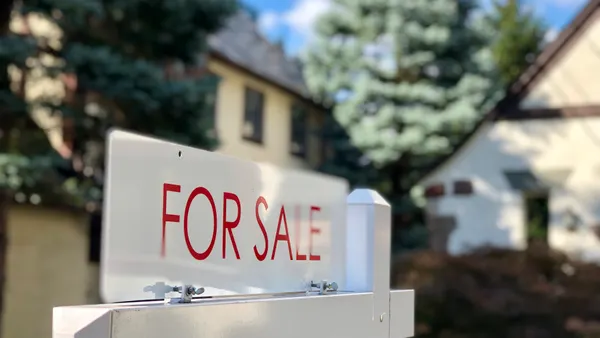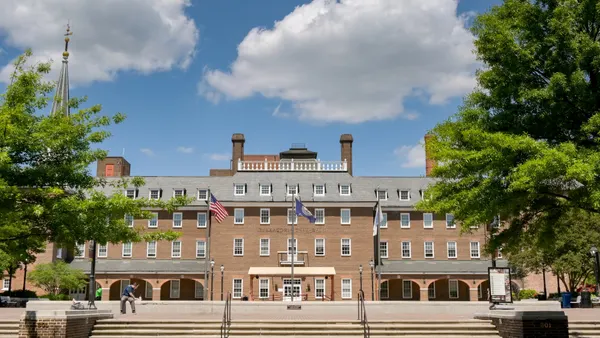Dive Brief:
- Cisco Systems told Smart Cities Dive it remains "deeply committed" to inclusive, sustainable and secure cities, despite recent news that the company will fold its Kinetic for Cities software platform.
- While Cisco's Kinetic for Cities product aggregated multiple smart city applications into a single dashboard, such data streamlining has lost relevance as customer and market demands have evolved to focusing on specific use cases "like smart intersections, parking and roadways," said Vikas Butaney, vice president and general manager of Cisco IoT, in an email. Sales of the Kinetic product will stop in April and existing customer support will continue into 2024, though Butaney said Cisco is proactively working now to make customers' transitions off the platform "as smooth as possible."
- Butaney said Cisco does not have plans to introduce a replacement dashboard product for smart cities, but Kinetic customers will have the option to transfer their data to another platform operated by a Cisco partner, if they so choose. Cisco would not disclose how many of its customers used the Kinetic platform.
Dive Insight:
Cisco's decision to pull the plug on its Kinetic for Cities product was first published by the Wall Street Journal in December, which reported that the COVID-19 pandemic has "weighed on Cisco's core business" and limited its opportunities with cash-strapped cities. Cisco reiterated the challenges of this pandemic in a recent blog post, but also highlighted the need to support government leaders as they chart new waters in leadership. The company's portfolio for government clients showcases a variety of work across administration, public safety, infrastructure and other related sectors.
"While pandemic-related budget challenges slowed the rollout of some deployments, the market has seen a surge in interest for various smart city use cases," Butaney told Smart Cities Dive.
Christopher Reberger, a former director at Cisco, told the Journal in December that smart cities "are a hard sell" — an idea that many agree with, in part because the definition of "smart city" varies by jurisdiction. Butaney did not say explicitly if he agrees with Reberger, but noted that smart cities today may not be what Cisco had anticipated 10 years ago.
"The long-term vision for fully connected data-driven smart cities has finally taken hold," he said. "Rather than starting with a fully connected city as the market anticipated, cities are investing in solutions for specific use cases that solve a particular problem. They are investing in the digital infrastructure that allows them to continually grow and solve additional needs and use cases as they develop."
Though Cisco did not see the success it had hoped for in its Kinetic dashboard offering, varieties of smart city dashboards are likely to grow in popularity this year, said Lesley Rohrbaugh, director of research at the Consumer Technology Association (CTA), in a CES trends session earlier this week.
"These give citizens access to up-to-the minute health info and other data" relevant to navigating the COVID-19 pandemic and vaccine distribution, she said.
Cisco CEO Chuck Robbins shared some other forward-looking predictions in an interview with Bloomberg Technology this week, noting the incoming Biden-Harris administration can foster new opportunities and jobs for the technology sector.
"I think that technology has a lot to offer in what's going on in the world right now, what's going on in the United States," Robbins said. "I think that technology can also play a big role in the inequality issues that we face in our country. We've proven through this pandemic that people can work anywhere, and I think that gives us the opportunity to create jobs in places where we might not have thought that would be possible in the past."












